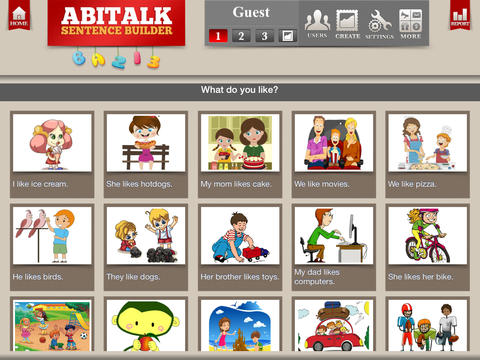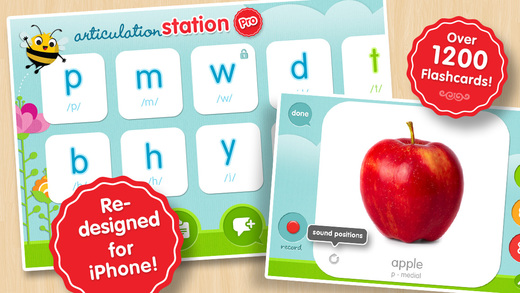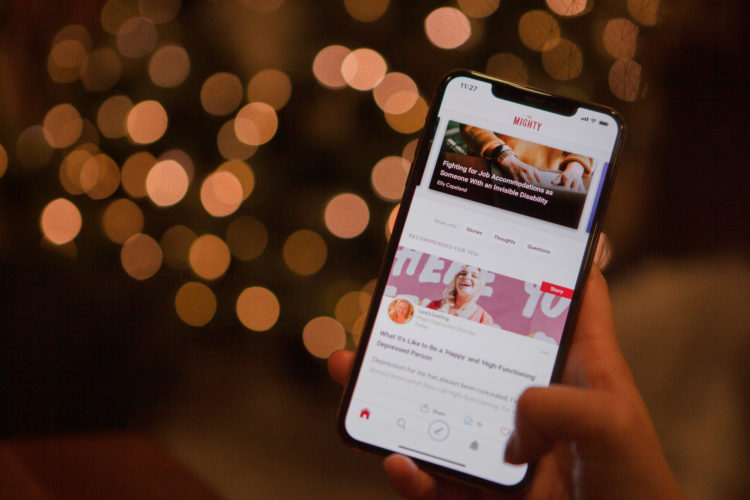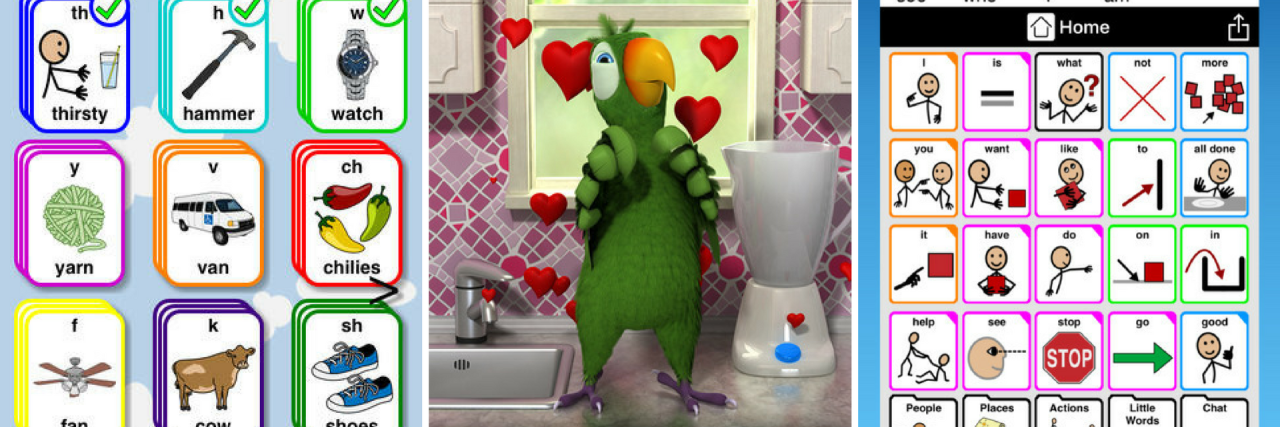If your child struggles with speech, chances are you are familiar with speech apps.
When my youngest daughter, who has Down syndrome, was 3 years old, the iPad had just launched. It was gaining attention in the parenting community because of apps designed to help children like mine.
Speech apps allow us to do speech therapy at home.
When we began our search for tablets and speech apps, we found there were more options through Apple than Android. That was seven years ago, and Apple still seems to offer some of the best speech apps available.
This might explain why there is coverage through insurance, grants or schools for iPads as opposed to other tablets.
While some apps offer a free version, most speech apps come with a cost. Depending on your child’s need, the app’s price might be covered by waivers or grants.
When my daughter qualified for an iPad through a state grant for kids with disabilities, they also covered the cost of a speech app.
Here are nine of the top-rated speech apps for kids with disabilities.
1. Proloquo2Go

Proloquo2Go is basically a Dynavox in app form. It is a customizable and personalized symbol-supported communication app. The app is designed to promote language development and grow communication skills. It provides a “voice” for those who need it.
Download on iTunes for $249.99
2. AbiTalk

AbiTalk helps improve comprehension, articulation, speech production, receptive and expressive speech. Its apps focus on comprehension (or “wh” questions), sentence building and articulation.
AbiTalk offers five apps for iOS and Android ranging from $1.99 to $7.99.
3. Gemiini

Gemiini is a video-based program, which uses discrete video modeling, a clinically proven way to increase language, reading and social skills. Gemiini has mixed reviews — some parents rave about the benefits and gains, while others say it was not worth the investment.
Gemiini’s app is free to download for iOS and Android but the program costs $98 per month.
4. Articulation Station

Perhaps one of the most used and recommended apps by speech therapists, Articulation Station helps kids better articulate. It is also a great app for children with speech apraxia.
Articulation Station offers a free version or you can buy the full app on iTunes for $35.99.
5. Nacd Speech Apraxia

One of the best speech apps for children with apraxia of speech, Nacd Speech Therapy for Apraxia offers four different apps: sounds, words, 2 syllables and endings.
You can buy all four apps as a bundle on iTunes for $16.99 or the individual apps for $4.99 each. Android only offers the individual apps for $4.99.
6. ‘WH’ Question Cards

Created by Super Duper Publications — a trusted company dedicated to making engaging and fun learning materials — this app helps kids correctly ask and answer who, what, when, where and why questions.
You can download a free or full version of the app through Super Duper Publication’s website or download the full app on iTunes for $11.99. Android offers a limited version for $1.99.
7. Speech Tutor

Speech Tutor provides animations to show tongue placement and positioning of sounds. It offers a side view and front view of each sound produced in three different speeds: slow, medium and fast.
Download on iTunes for $9.99.
8. Artipix

Artipix allows kids to practice their speech using flashcard and matching activities. Children can also record their own voice and keeps score with games.
You can get a free version through the Artikpix website or download on iTunes for $29.99.
9. Talking Pierre the Parrot

Apps that encourage children to speak help them practice their speech. In this app, Pierre imitates what children say, by saying it back.
Download Talking Pierre the Parrot for free on iOS or Android.
Bonus: The Mighty’s App

Did you know The Mighty has an app? Download our app to read more stories like this and connect with people from the parenting community.

